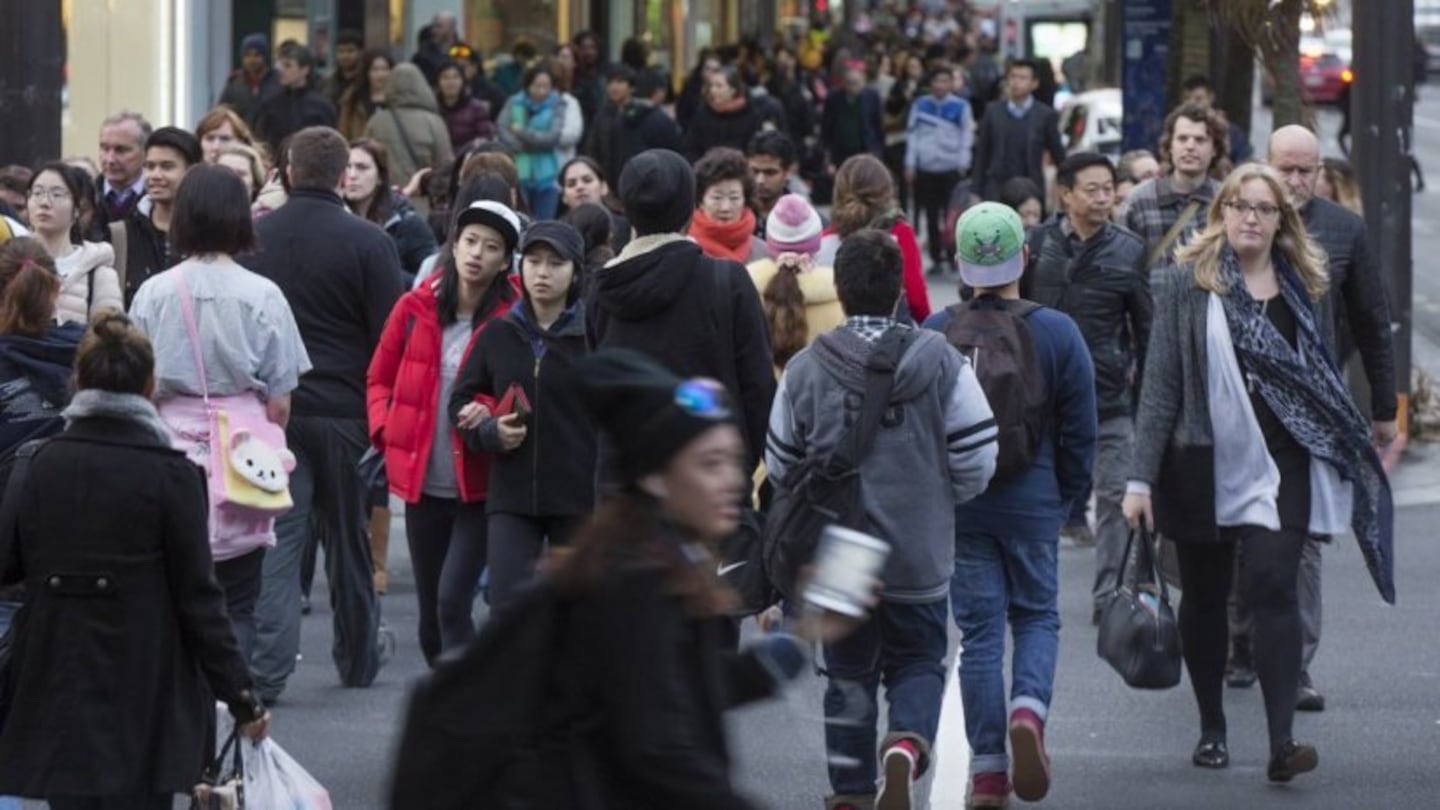The census has been extended to June 1st for regions affected by Cyclone Gabrielle. Photo / Nick Reed / NZME
Stats NZ says areas hammered by Cyclone Gabrielle will have the survey period for the 2023 Census extended.
"Cabinet agreed yesterday to funding an extension and amendments to the census operation to assist with delivering a successful 2023 Census in areas impacted by Cyclone Gabrielle." Government Statistician and Stats NZ Chief Executive Mark Sowden said.
"We have worked closely with key partners including iwi collectives leading census collection in their rohe (in Northland, Bay of Plenty, and Te Tai Rāwhiti) to understand community sentiment to doing the census."
Gabrielle halted North Island Stats NZ activity when it hit on February 12. On Friday, February 17, census gathering resumed, and in districts encompassing 90% of the population, the census is being done as scheduled and should finish by March 7.
Cyclone damaged areas will now have till June 1st to complete their surveys.
“We will be working to provide mobile collection points, and are working closely with local agencies and other iwi organisations to integrate census field activities into Cyclone Gabrielle response and recovery work where it is appropriate to do so,” Sowden said.
Issues with the last census in New Zealand, conducted in 2018 saw Māori and Pacific populations underrepresented, a problem because sometimes census determines provisioning of government services and resources to specific communities.
The chief statistician admitted concerns about the quality of the 2018 data, particularly in relation to completeness and accuracy of information.
Sowden says Stats NZ will double-down on efforts to ensure the accuracy of statistics about tangata whenua, despite Gabrielle.
"There will be more support for iwi collectives involved in Te Mana Whakatipu (iwi-led collection) to enable them to make amendments that will provide the best outcomes for people living in their rohe."
The census in 2023 is debuting a new approach to counting the population, which involves using data like tax and other government records, to supplement information collected through the survey itself.
Statistics NZ says the aim is to improve the accuracy and completeness of the census data, and to reduce the reliance on self-reported information.




